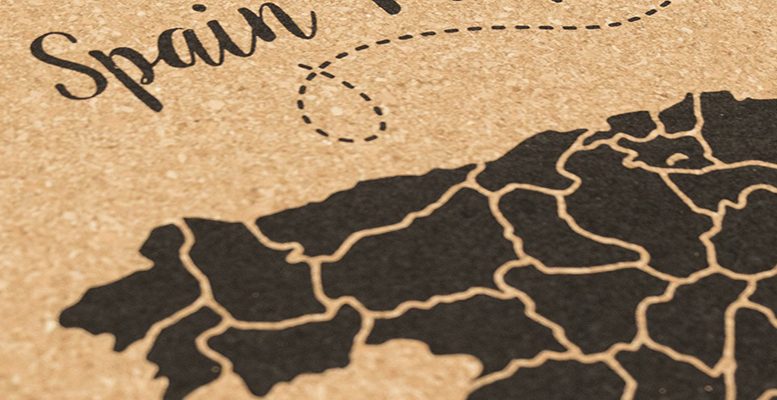The Economist Intelligence Unit has published the 11th edition of its ranking on the global state of democracy. Of 165 countries in the world, Spain is ranked 19th for the quality of its democracy. It is not bad given the political instability Spain is experiencing. Nor the open breach in confidence following the crisis between citizens and politicians and citizens and economic powers. Nor taking into account Spaniard’ s tendency to self-flagellation, thinking worse of ourselves than others think of us. A score of 8.08/10, according to the Economist’s study, makes Spain one of the 20 “full democracies” in the world, above countries like France, Belgium, Italy or Portugal, which remain in the category of “flawed democracies”.
In the five categories which the index of democratic quality covers, Spain scores well in political pluralism (9.17) and civil liberties (8.82), while its scores in political culture, government functioning and political participation fall between 7.14 and 7.78.
We recently interviewed in The Corner Nassim Taleb, who claimed that much business in Spain remained opaque and the capture of rents, which were not based on the creation of value. In other words, in a system of defective democracy. A Spanish ex-minister and now businessman, of long experience, Josep Piqué replied to this argument: “This is a description of Spain’s productive structure in the past. Spain’s productive structure is much more than this …We have done our homework much better than most people imagine.”
Since 2015 Spain has had a right wing minority PP government and another even weaker socialist minority one, an unprecedented institutional crisis in Catalunya, a historic condemnation of the PP for corruption, and a non-confidence motion by PSOE. The growth forecast for the Spanish economy for 2018 is 2.6%. On 6 January the 40th anniversary of the Constitution was celebrated.





